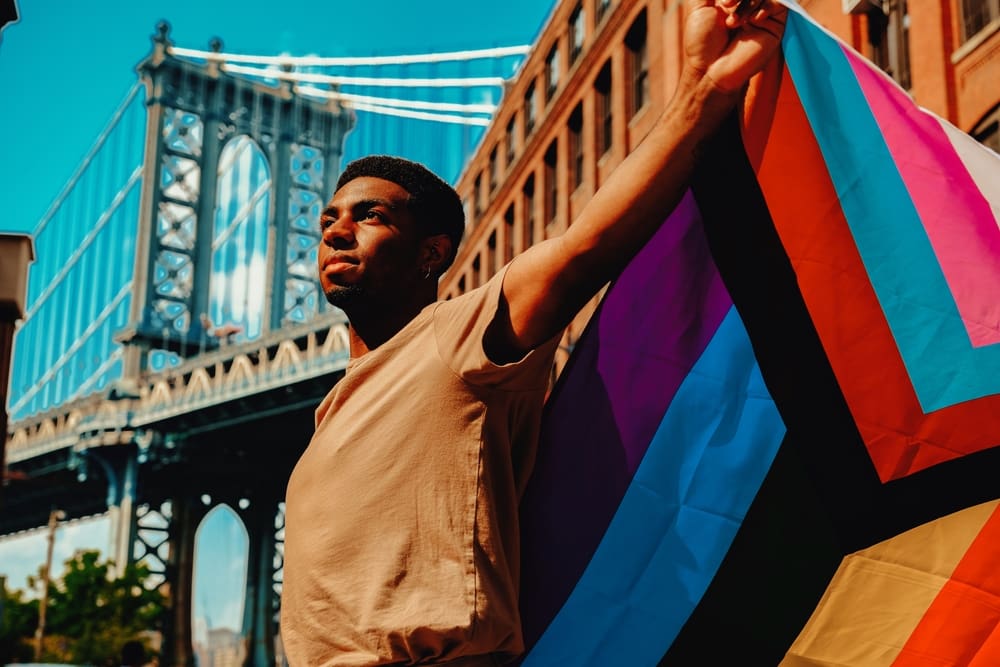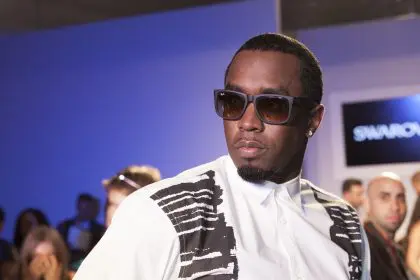Have you ever pondered why some individuals harbor fear toward LGBTQ+ people? It’s a question that delves into a web of societal norms, personal beliefs and cultural influences.
Homophobia, biphobia, transphobia: all of these terms mean the fear or aversion toward individuals who identify as same-gender loving, loving two different genders or not with the gender they were assigned at birth, respectively. These fears and aversions remain a prevalent issue in many societies worldwide. Despite significant progress in LGBTQ+ rights and acceptance, pockets of resistance and prejudice still exist. Understanding the roots of this fear is crucial for fostering empathy, promoting inclusivity and ultimately dismantling harmful stereotypes.
From religious teachings to societal expectations, various factors contribute to the development and perpetuation of homophobia. By unraveling these complexities, we can pave the way for a more tolerant and compassionate society.
1. The unknown: Fear of unfamiliarity
Fear often germinates from unfamiliarity or a lack of understanding. Throughout history, homosexuality and transgender people have been misunderstood and stigmatized in various cultures. This lack of understanding can foster misconceptions and stereotypes, which fuel fear and prejudice.
2. Religious influence: Shaping attitudes
Religious beliefs play a significant role in shaping attitudes towards homosexuality. Many teachings have traditionally condemned same-gender relationships, leading some to fear or mistrust gay individuals based on their interpretation of religious doctrine. However, interpretations of religious texts vary widely, and not everyone holds negative views towards homosexuality.
3. Social pressures: Conformity and fear
Social pressure is another factor contributing to fear of LGBTQ+ individuals. In some communities, there’s a strong aversion to standing out or deviating from societal norms. This fear can drive prejudice against those who don’t conform to traditional gender roles or sexual orientations.
4. Fear of the unknown: Universal experience
Fear of the unknown is a universal human experience. When faced with something unfamiliar, people may instinctively feel apprehensive or threatened. This fear can manifest as prejudice or discrimination towards LGBTQ+ individuals simply because they represent something outside of the perceived “norm.”
5. Media influence: Shaping perceptions
Media portrayal and stereotypes also heavily influence attitudes towards LGBTQ+ people. These individuals are often depicted negatively or reduced to harmful stereotypes in mainstream media. These portrayals reinforce existing prejudices and contribute to a culture of fear and discrimination.
6. Progress and understanding: Toward acceptance
Despite the challenges, progress toward greater acceptance and understanding of the LGBTQ+ community is underway. Education and exposure to diverse perspectives can help combat fear and prejudice by fostering empathy and compassion toward those who are different.
Individuals need to confront their biases and examine the root causes of their fear of non-cisgender and non-heterosexual people. By challenging misconceptions and seeking information from credible sources, individuals can overcome fear and cultivate a more inclusive mindset.
This story was created using AI technology.
















